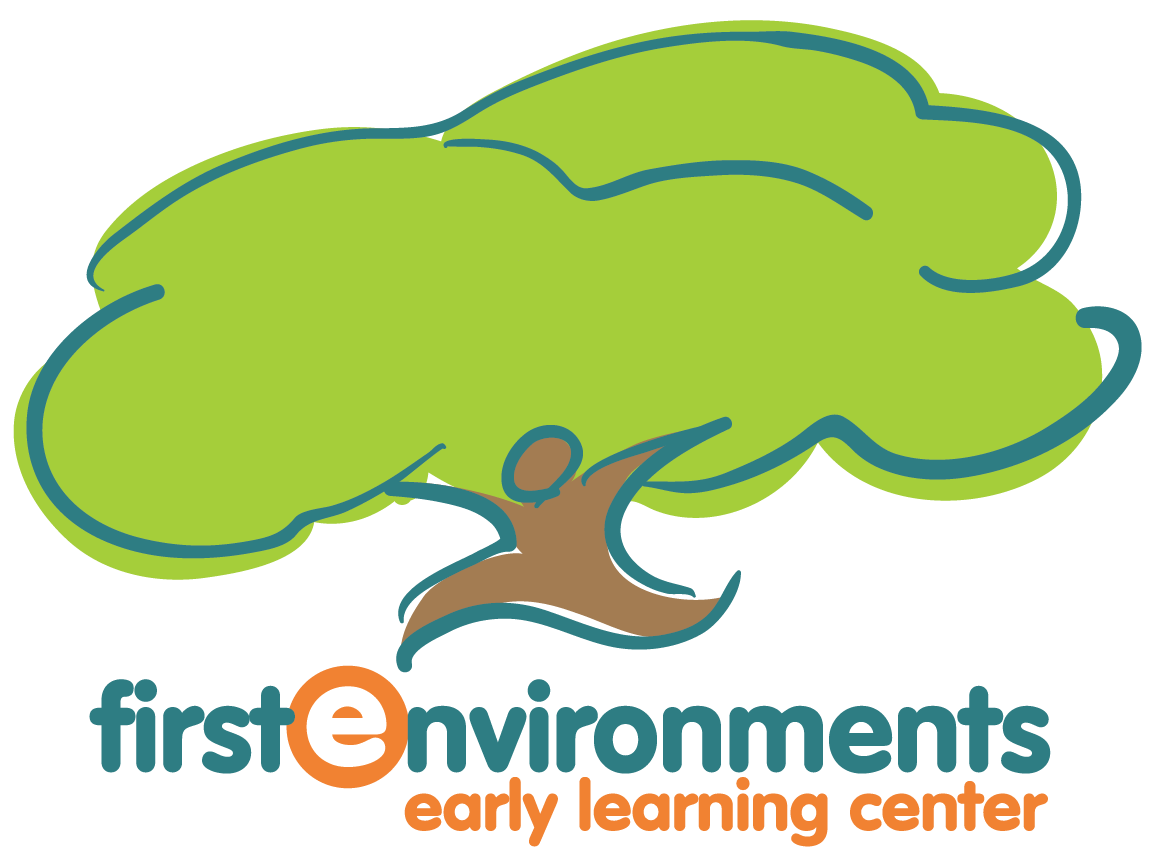Seed to Table
Our Seed to Table program includes a greenhouse and pesticide-free planting beds that are integrated into FEELC’s curriculum, sustainable culture and meal program.
All students observe and handle the plants. Even the youngest can plant a seed or hold a small watering can. Older classmates weed, harvest and organize a bucket brigade for irrigation using captured air conditioning condensate.
Tastes develop early, so FEELC’s students begin a life-long appreciation for fresh, healthy foods. Students, parents and staff all enjoy eating the harvests.
Planting
Choosing what to plant is serious business at FEELC. As children propose crops they learn about seasons, weather and planning ahead. Negotiating with classmates teaches important lessons about compromise, collaboration and teamwork as each year’s garden plan is created.
Caring
Tending plants exposes students to sustainable garden practices and hands-on lessons about the environment, health and nutrition. The garden serves as a hands-on laboratory that integrates math, science and humanities into everyday activities as children develop an appreciation for the natural world.
Planting donated plants in a bed made of recycled waste materials models sustainability in action. When available, FEELC captures air conditioning condensate for children to use for irrigation. Pests are managed through good planting practices, observation and hand picking, when needed and appropriate. When excess rain in the beds or the grounds causes erosion, lessons about stormwater, land management and soil composition occur naturally. Composting garden waste and feeding the worm bin help complete the cycle.
Harvesting
Knowing when to harvest encourages observation, decision-making and requires lots of patience! Students learn the connection between plant management and yields, weather patterns, stewardship and personal responsibility. The teamwork, community and the feeling of accomplishment make the garden an important and popular teaching tool. It also reduces operational costs – more than 170 pounds were harvested by mid-season in 2010.
Cooking
FEELC’s chef is experienced in preparing healthful, seasonal dishes using FEELC’s own harvest or crops purchased from local growers. Kitchen consultations make a sought-after ‘field trip” as the chef and children confer on what to harvest, the amount needed and how produce will be served. The science, math, planning and collaboration required are a tasty way to make learning fun.
FEELC’s menus exceed state and federal guidelines and FEELC participates in the Child Care Food Program, http://www.nutritionnc.com/snp/cacfp.htm Child and Adult Care Food Program (CACFP) is a federally funded program which is administered and funded by the United States Department of Agriculture (USDA), Food and Nutrition Services (FNS). The goals are to provide nutritious, appetizing meals and snacks that introduce different types of foods and teach good eating habits. CACFP are so impressed with FEELC’s results they have requested menus. The results carry over to home as children delight their parents by requesting fresh fruit and vegetables over processed, fat-filled options.
Sample Menu
August 25-29, 2025
Questions? Kenwilliams.feelc@gmail.com or call us directly in the Kitchen at 919-541-2450.
USDA Nondiscrimination Statement Update
“The U.S. Department of Agriculture (USDA) prohibits discrimination against its customers, employees, and applicants for employment on the bases of race, color, national origin, age, disability, sex, gender identity, religion, reprisal, and where applicable, political beliefs, marital status, familial or parental status, sexual orientation, or if all or part of an individual's income is derived from any public assistance program, or protected genetic information in employment or in any program or activity conducted or funded by the Department. (Not all prohibited bases will apply to all programs and/or employment activities.)
If you wish to file a Civil Rights program complaint of discrimination, complete the USDA Program Discrimination Complaint Form, found online at http://www.ascr.usda.gov/complaint_filing_cust.html, or at any USDA office, or call (866) 632-9992 to request the form. You may also write a letter containing all of the information requested in the form. Send your completed complaint form or letter to us by mail at U.S. Department of Agriculture, Director, Office of Adjudication, 1400 Independence Avenue, S.W., Washington, D.C. 20250-9410, by fax (202) 690-7442 or email at program.intake@usda.gov.
Individuals who are deaf, hard of hearing or have speech disabilities may contact USDA through the Federal Relay Service at (800) 877-8339; or (800) 845-6136 (in Spanish)."
Last updated: 9/4/2025

